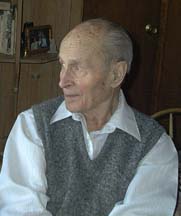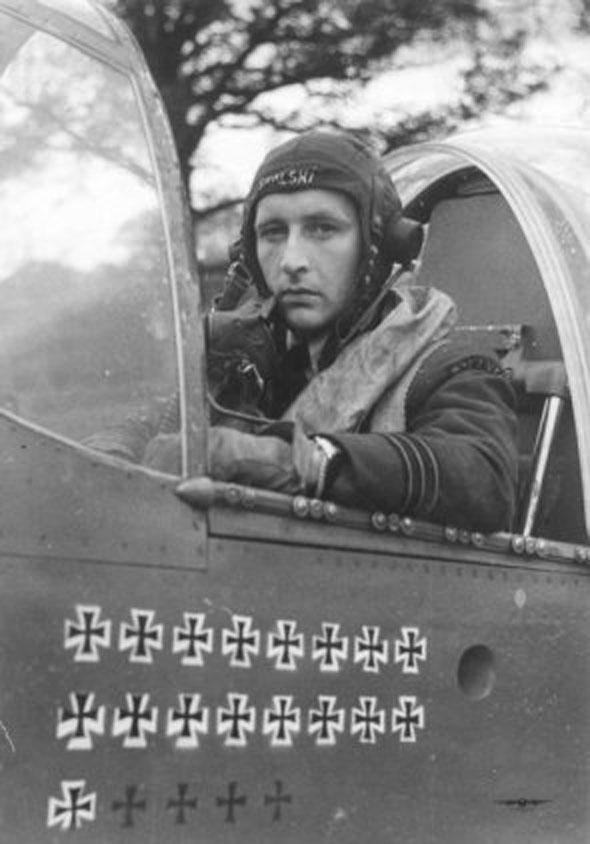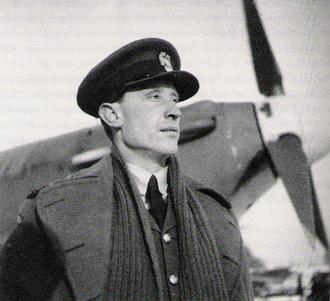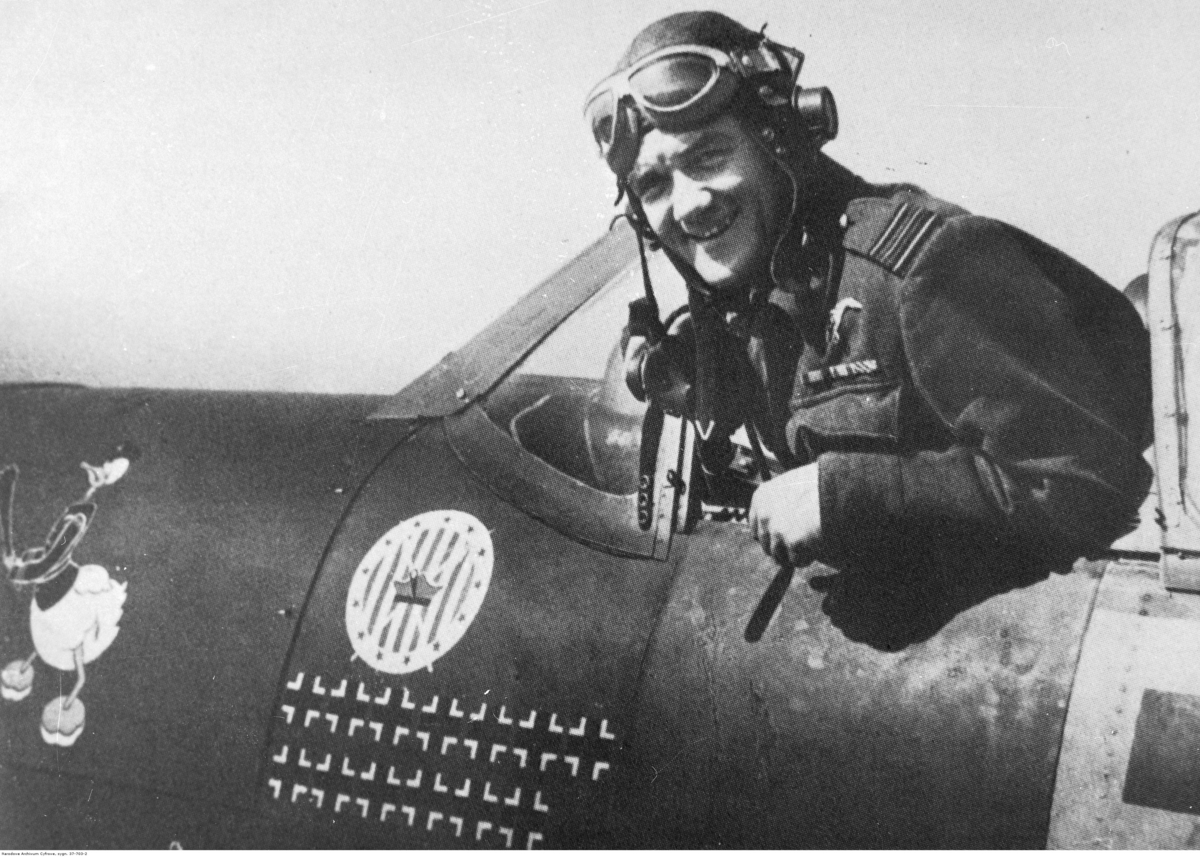João Yazalde
Airman
- 76
- Apr 25, 2022
A former English pilot said in a documentary that there were Poles in the RAF, but he said no more about them. I know that the Soviet Union sent many Polish soldiers who helped the allies to concentration camps, I find it hard to believe that Russia "forgave" these pilots because obviously they fought against the Russian invasion of Poland. My question is, did they suffer the same fate as the Poles sent to concentration camps?




